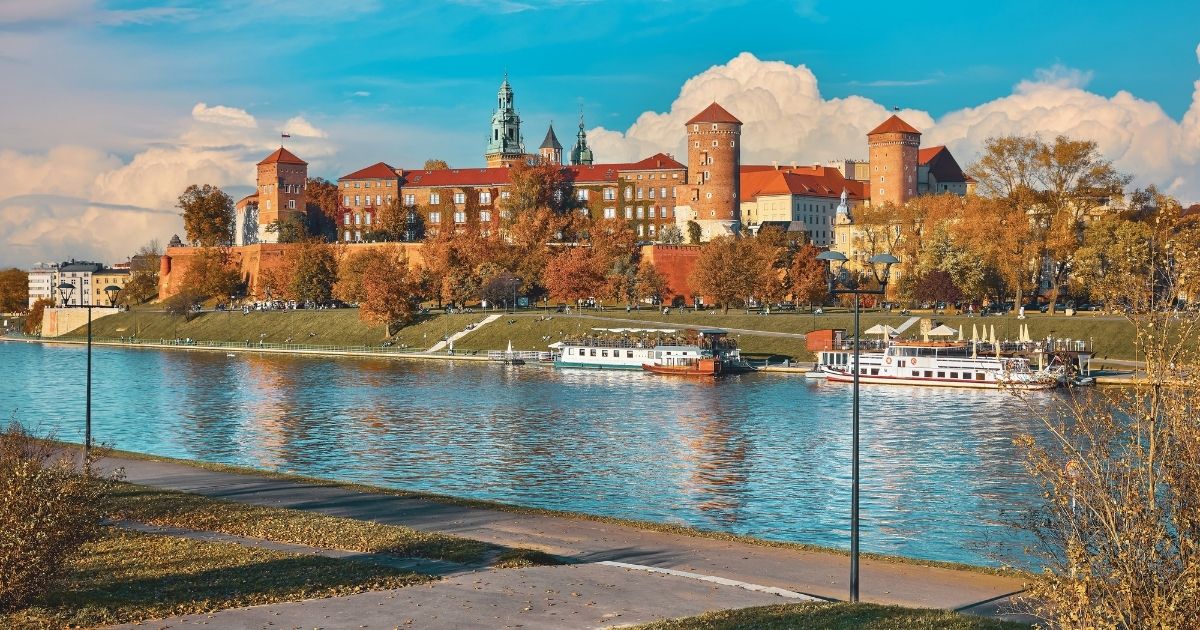What language do they speak in Bali? Understanding this is essential for anyone planning to visit, work, or live on this enchanting Indonesian island. While the linguistic landscape might seem complex at first, Bali’s multilingual environment actually makes it surprisingly accessible for international visitors and digital nomads alike.
Bali’s unique position as both a traditional Balinese cultural center and Indonesia’s premier tourist destination has created a fascinating linguistic blend. The island operates with multiple languages serving different purposes in daily life, from formal government interactions to intimate family conversations. Whether you’re planning a short vacation, considering a digital nomad lifestyle, or thinking about long-term residence, knowing what language they speak in Bali will significantly enhance your experience and help you connect more meaningfully with local communities.
The primary languages of Bali

Bali operates as a multilingual society where different languages serve distinct social and practical functions. Understanding this linguistic hierarchy helps visitors navigate communication more effectively across various situations.
Bahasa Indonesia: the official language
Bahasa Indonesia serves as the official national language throughout Indonesia, including Bali. This standardized language is what you’ll encounter in government offices, schools, formal business settings, and official documentation. For digital nomads dealing with visas, banking, or legal matters, Bahasa Indonesia is typically the required language for official processes.
All Indonesian citizens learn Bahasa Indonesia in school, making it the common communication bridge between people from different regions and ethnic backgrounds. When locals from different Indonesian islands meet in Bali, they communicate in Bahasa Indonesia rather than their regional languages.
🌟 Pro tip: learning basic Bahasa Indonesia phrases like “Selamat pagi” (good morning), “Terima kasih” (thank you), and “Permisi” (excuse me) will be appreciated throughout your stay and demonstrate respect for local culture.
Balinese: the heart of local culture
Balinese, known locally as “Basa Bali,” represents the indigenous language of Bali and remains deeply connected to the island’s Hindu-Balinese culture and traditions. This language carries profound cultural significance, used in religious ceremonies, traditional arts, and intimate family conversations.
The Balinese language system includes different levels of formality based on social hierarchy and relationships, making it complex for outsiders to master. However, locals appreciate any effort to learn basic Balinese greetings, even if your pronunciation isn’t perfect.
What language do they speak in Bali during religious ceremonies? Primarily Balinese, often mixed with ancient Sanskrit terms, creating a rich linguistic tapestry that reflects the island’s spiritual heritage.
💡 Did you know? The Balinese language has its own traditional script called “Aksara Bali,” derived from ancient Javanese script. You might see this beautiful script on temple inscriptions and traditional art throughout the island.
English and tourism communication
Bali’s status as an international tourist destination has significantly influenced the local linguistic landscape, making English increasingly prevalent in tourism-focused areas.
English in tourist areas
In popular destinations like Seminyak, Canggu, Ubud, and Sanur, English proficiency among locals is remarkably high. Restaurant staff, hotel employees, tour guides, and shop owners typically communicate comfortably in English, making it easy for international visitors to navigate daily activities.
Many young Balinese people, especially those working in tourism or international business, speak excellent English. This English proficiency extends beyond basic service interactions to include complex conversations about local culture, business arrangements, and social topics.
For digital nomads wondering what language they speak in Bali’s coworking spaces, English dominates these international work environments, with Indonesian and Balinese providing cultural context and local connections.
Digital nomad communication needs
The growing digital nomad community has further reinforced English as a practical communication language in Bali. Coworking spaces, international business meetings, and networking events primarily operate in English, creating a comfortable environment for remote workers from around the world.
However, venturing beyond the main tourist areas often requires basic Indonesian language skills, as English proficiency decreases significantly in traditional villages and local markets.
🌟 Pro tip: while English works well in tourist areas, downloading a reliable translation app and getting a local Indonesian SIM card from Holafly’s flexible data plans ensures you can communicate effectively anywhere on the island, especially when exploring off-the-beaten-path locations.
Regional language variations

Understanding what language they speak in Bali requires recognizing that language use varies significantly across different parts of the island and social contexts.
Geographic language distribution
In traditional villages and rural areas, Balinese remains the primary language for daily communication, with Bahasa Indonesia used for formal situations. These areas offer the most authentic linguistic experience but require visitors to rely more heavily on translation tools or local guides.
Urban areas like Denpasar demonstrate more balanced language use, with Bahasa Indonesia dominating business and education while Balinese maintains importance in cultural and family contexts. Tourist centers represent the most multilingual environments, where English, Indonesian, and Balinese coexist naturally.
Generational language differences
Younger Balinese people typically demonstrate stronger English skills due to education system changes and increased international exposure. Older generations may rely more heavily on Balinese and Indonesian, with limited English vocabulary.
This generational difference affects daily interactions – younger hotel staff, restaurant servers, and taxi drivers often communicate easily in English, while older market vendors or traditional artisans may prefer Indonesian or require translation assistance.
💡 Did you know? Many younger Balinese people code-switch naturally between languages within single conversations, mixing English, Indonesian, and Balinese depending on the topic and social context.
Practical language tips for visitors
Successfully navigating Bali’s linguistic landscape requires practical strategies that work across different social and business situations.
Essential phrases for daily life
Learning key phrases in both Bahasa Indonesia and Balinese demonstrates cultural awareness and often leads to warmer interactions with locals. Start with universal greetings, basic courtesy expressions, and simple transaction vocabulary.
Important Indonesian phrases include “Berapa harga?” (how much?), “Di mana?” (where?), and “Saya tidak mengerti” (I don’t understand). These phrases work throughout Indonesia and provide a foundation for basic communication needs.
For Balinese cultural contexts, “Om Swastiastu” serves as a traditional Hindu-Balinese greeting, while “Suksma” means thank you in Balinese. Using these phrases during temple visits or cultural ceremonies shows respect for local traditions.
Technology and translation tools
Modern translation technology significantly eases communication challenges in Bali. However, internet connectivity remains crucial for accessing these tools, especially when exploring remote areas or traditional villages.
Mobile translation apps work well for basic communication, but cultural nuances and context often require human interpretation. Building relationships with locals who can provide linguistic and cultural guidance proves invaluable for deeper experiences.
When asking what language do they speak in Bali in various situations, remember that most locals are patient and helpful with visitors attempting to communicate in any language, appreciating the effort regardless of proficiency level.
Language and cultural integration

For digital nomads and long-term visitors, understanding what language they speak in Bali extends beyond practical communication to include cultural integration and community building.
Building local relationships
Language learning opens doors to authentic Balinese experiences unavailable to purely English-speaking visitors. Local friendships often develop more naturally when you can participate in Indonesian conversations and show appreciation for Balinese cultural expressions.
Many expatriate communities organize language exchange programs where foreigners teach English while learning Indonesian or Balinese. These programs provide structured learning opportunities while building social connections.
Professional language considerations
For digital nomads establishing businesses or working with local partners, Indonesian language skills become increasingly important. Legal documents, government processes, and formal business relationships typically require Indonesian proficiency or professional translation services.
Understanding what language they speak in Bali’s business contexts helps remote workers navigate local partnerships, hiring processes, and regulatory requirements more effectively.
🌟 Pro tip: consider taking formal Indonesian language classes if planning an extended stay. Many language schools in Ubud and Sanur offer flexible schedules designed for working professionals and provide valuable cultural context alongside language instruction.
Final thoughts
Understanding what language they speak in Bali reveals a rich, multilingual environment that welcomes international visitors while preserving deep cultural traditions. The island’s linguistic diversity – featuring Bahasa Indonesia as the official language, Balinese as the cultural heart, and English as the international bridge – creates opportunities for meaningful communication across all social levels.
Whether you’re visiting for a week or planning to establish yourself as a digital nomad, respecting this linguistic landscape enhances every aspect of your Bali experience, from practical daily tasks to profound cultural connections.
For digital nomads looking to make Bali their long-term base, understanding the language landscape is just one part of successful integration. Explore comprehensive guides on Indonesia’s digital nomad visa requirements to ensure your stay is both legally compliant and culturally enriching.
Ready to start your Indonesian adventure? Let Nomada guide you through every step of your journey! 👉
Frequently asked questions
Yes, English works well in major tourist areas, hotels, restaurants, and coworking spaces. However, learning basic Indonesian phrases will significantly enhance your experience and help when exploring traditional areas where English is less common.
Indonesian is considered one of the easier languages for English speakers to learn. It uses the Latin alphabet, has no verb conjugations, and follows relatively straightforward grammar rules. Basic conversational skills can be developed within a few months of consistent practice.
Absolutely! Locals greatly appreciate any effort to learn their languages, even if your pronunciation isn’t perfect. Attempting to speak Indonesian or using basic Balinese greetings shows respect for the culture and often leads to warmer, more authentic interactions.
Use respectful, quiet tones in any language. Indonesian is appropriate for practical communication, while learning basic Balinese religious greetings like “Om Swastiastu” shows cultural awareness. Many temple guides speak English and can help facilitate communication during religious visits.
Yes, Bali offers numerous language learning options, including formal schools, private tutors, conversation groups, and language exchange programs. Many are designed specifically for digital nomads and long-term visitors, offering flexible schedules and practical, daily-use focused curricula.




